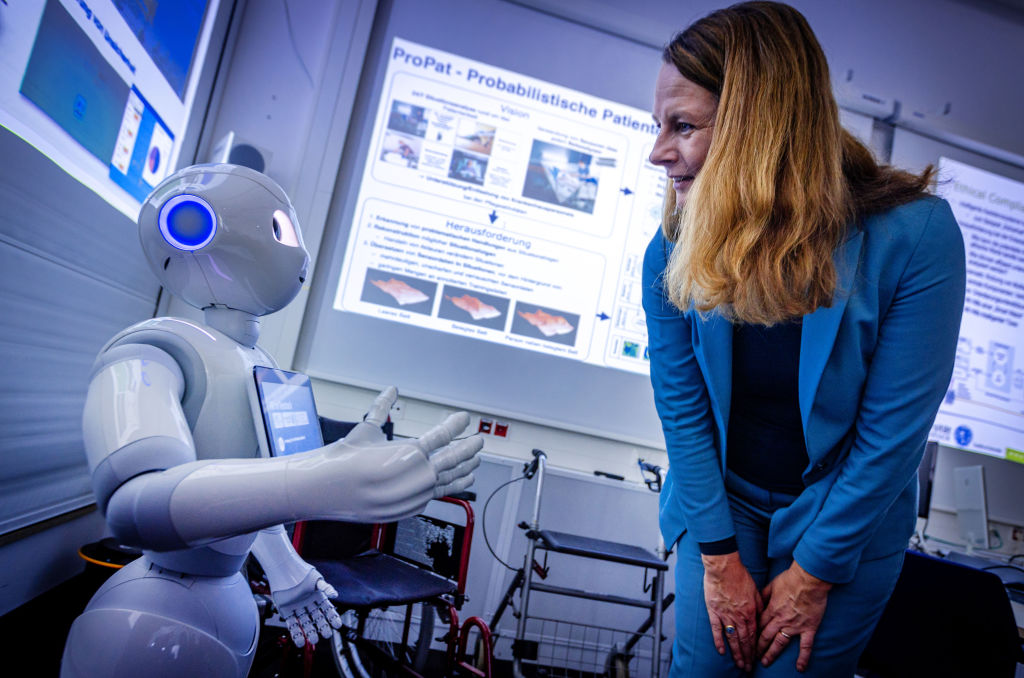
A collection of eight robots designed by PAL Robotics and trialed by researchers collaborating across multiple universities in Europe and the Middle East have successfully passed the testing phase with patients. The robots, referred to as SPRING (Socially Assistive Robots in Gerontological Healthcare), are designed to provide comfort to elderly patients and alleviate their anxiety, while reducing the burden placed on nursing staff in busy environments.
“We believe that the SPRING project marks a significant milestone in the development of interactive robotics, and we are proud of its achievements, while recognising the exciting challenges that lie ahead," Oliver Lemon, a professor of AI and academic co-lead at the National Robotarium stated in a press release.
The results of the tests showed that robots were able to perform routine tasks like greeting patients, provide directions, and answer questions during the initial trials in Assistance Publique Hopitaux de Paris in France. They were also able to understand group conversations and facilitate assistance based on what patients asked of them. These advances were made possible by the progress seen in large language models in recent years, the type of artificial intelligence technology that powers ChatGPT.
More From TIME
The use of robots also reduced the amount of physical contact healthcare workers had with patients, which could help reduce the spread of infections in hospital settings.
The SPRING project began nearly four and half years ago and is funded by Horizon 2020, a research and innovation initiative by the European Union.
“The prospect of robots seamlessly collaborating with hospital staff to enhance the patient experience is now closer to reality” said Lemon.
More Must-Reads From TIME
- The 100 Most Influential People of 2024
- Coco Gauff Is Playing for Herself Now
- Scenes From Pro-Palestinian Encampments Across U.S. Universities
- 6 Compliments That Land Every Time
- If You're Dating Right Now , You're Brave: Column
- The AI That Could Heal a Divided Internet
- Fallout Is a Brilliant Model for the Future of Video Game Adaptations
- Want Weekly Recs on What to Watch, Read, and More? Sign Up for Worth Your Time
Contact us at letters@time.com